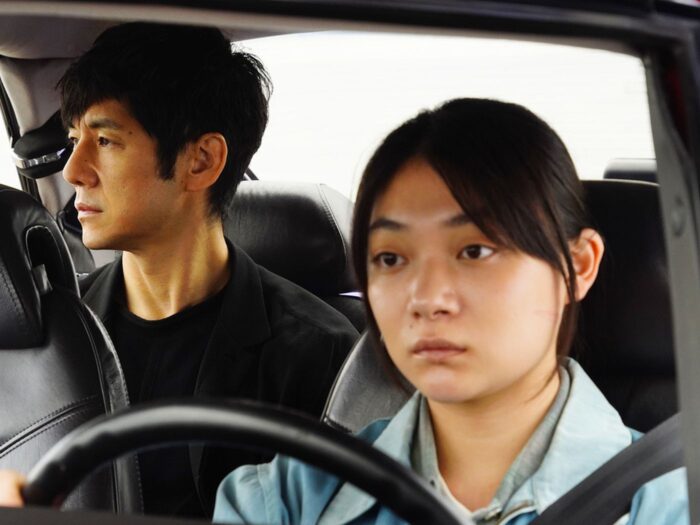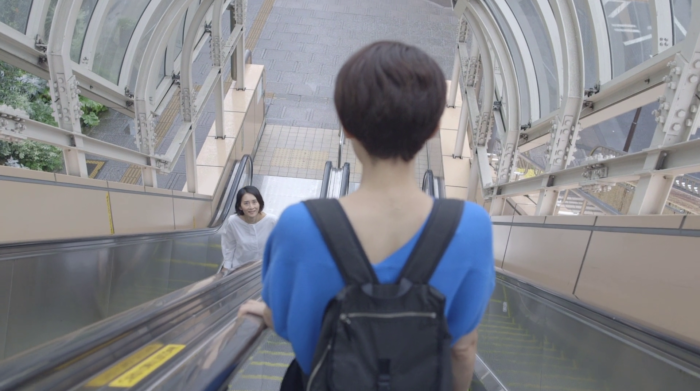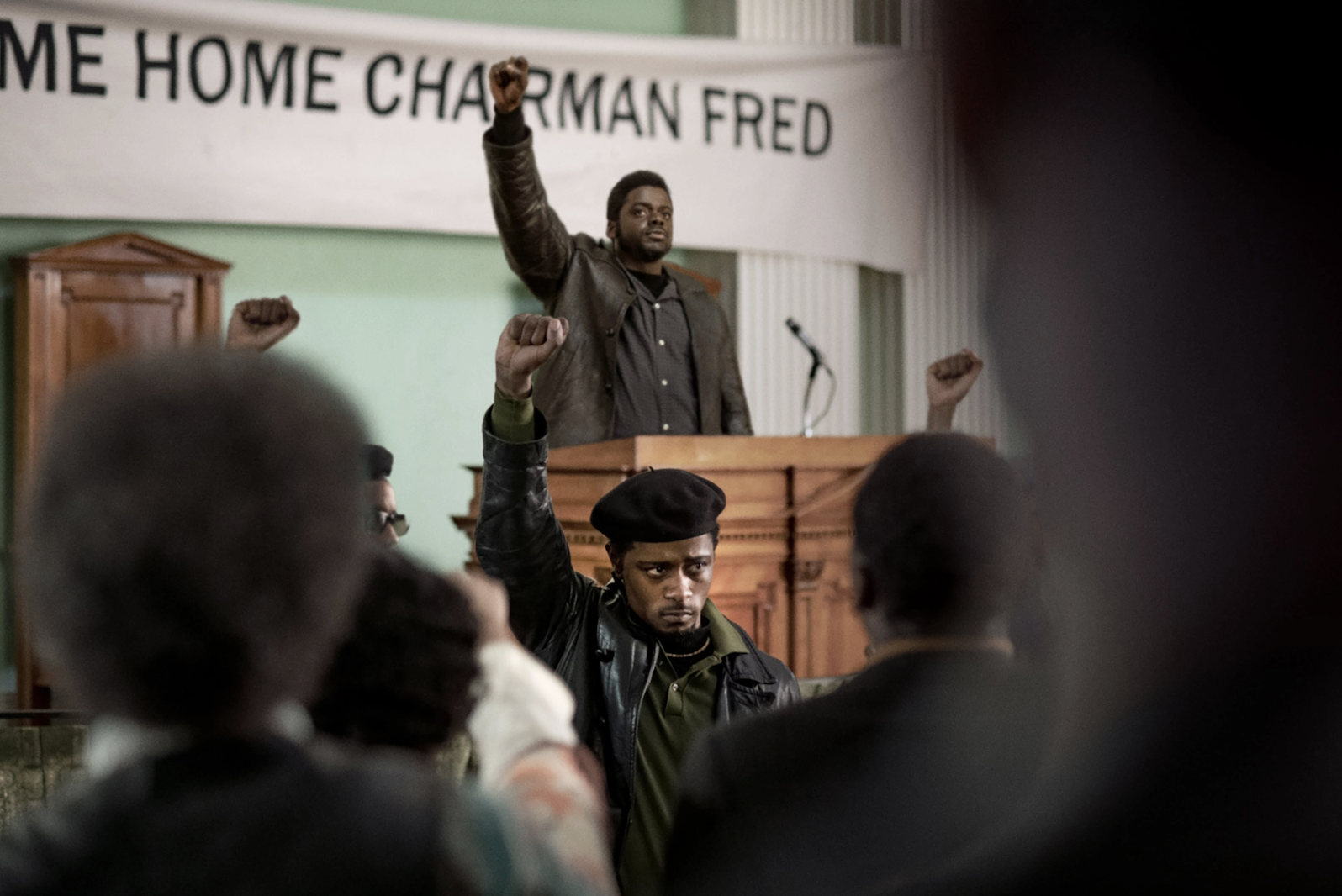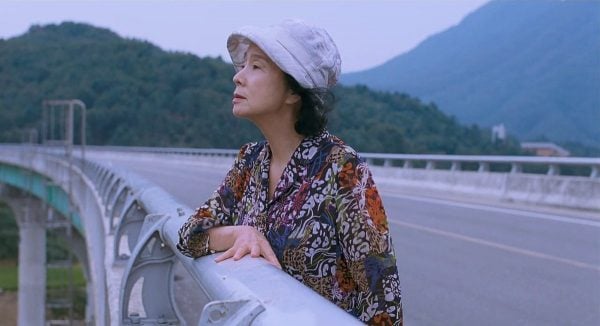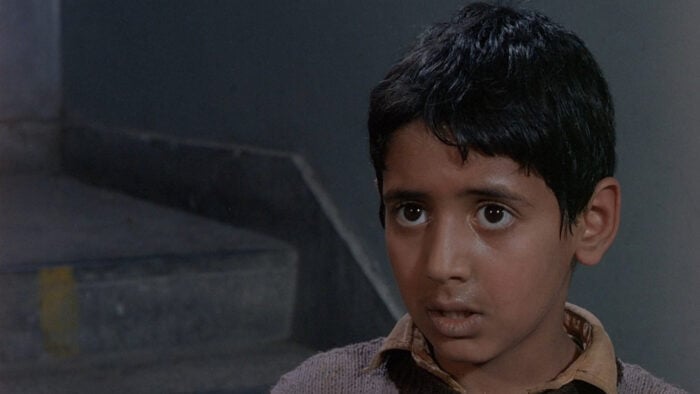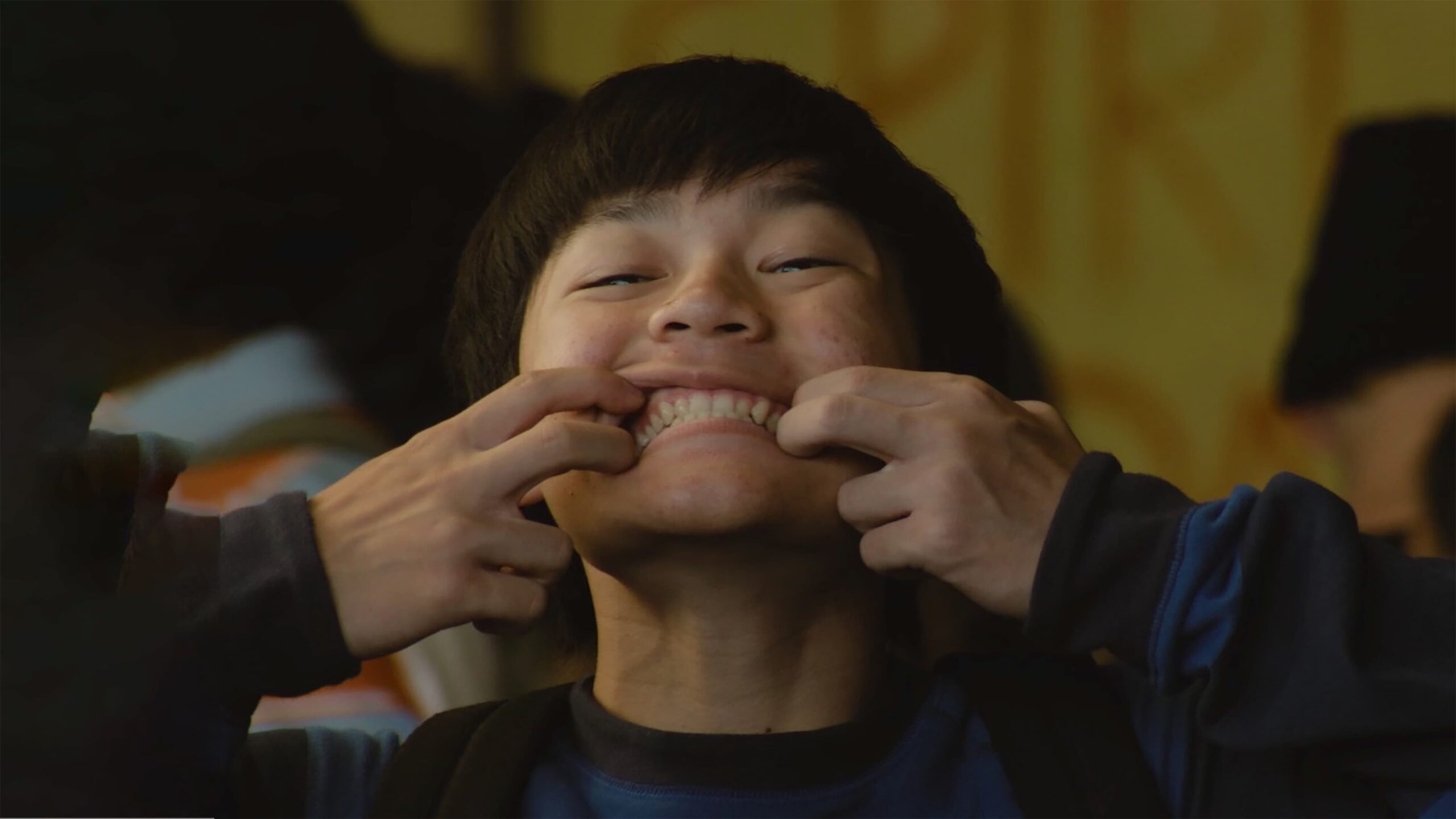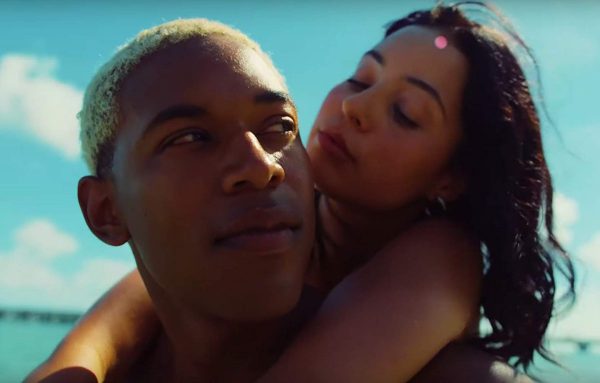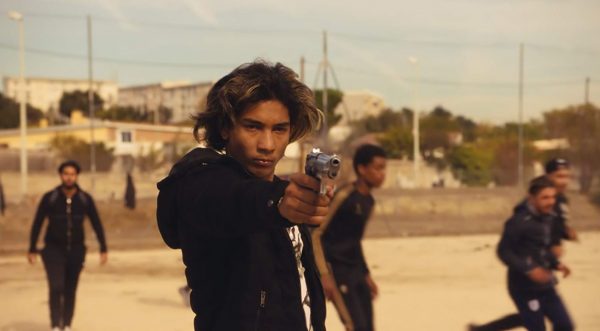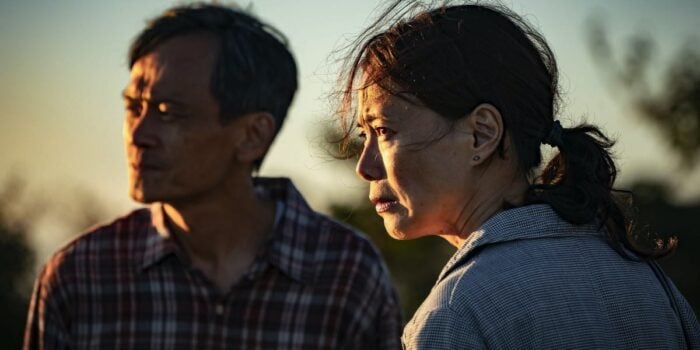
120 Best Films That Center BIPOC Experiences
February 17, 2025
Share:
It’s time to amplify the voices that have long been marginalized and bring to the forefront the rich tapestry of BIPOC experiences. Delve deep into the diverse narratives, struggles, triumphs, and resilience of Black, Indigenous, and People of Color communities. Prepare to be moved, educated, and inspired as we embark on a cinematic journey that expands our horizons and fosters empathy. These films are a testament to the beauty, strength, and unwavering spirit of BIPOC individuals, reminding us of the transformative power of cinema.
Read also:
21. Drive My Car (2021)
Genres
Director
Actors
Moods
In Drive My Car, a widowed artist travels to Hiroshima for his latest production. There he meets a young woman enlisted to drive him around the area. They forge an unexpected bond and soon share pithy observations and long-buried secrets, which culminate in a touching scene of catharsis and forgiveness.
Not a lot is said in this three-hour film, but when words (and signals) are shared, they are always underlaid with simple but transcendent truths. Drive My Car is a gripping film that explores love and loss in its own quiet way, at once intense and intimate.
22. Wheel of Fortune and Fantasy (2021)
Genres
Director
Actors
Moods
From Drive My Car director Ryusuke Hamaguchi comes another film featuring long drives, thoughtful talks, and unexpected twists. An anthology of three short stories, Wheel of Fortune and Fantasy ponders over ideas of love, fate, and the all-too-vexing question, “what if?”
What if you didn’t run away from the one you love? What if you didn’t give in to lust that fateful day? What if, right then and there, you decide to finally forgive?
Big questions, but without sacrificing depth, Hamaguchi does the incredible task of making every single second feel light and meaningful. Wheel of Fortune and Fantasy will leave you with mixed emotions: excited, startled, dejected, hopeful. But one thing you won’t feel is regret over watching this instant classic of a film.
23. Judas and the Black Messiah (2021)
Genres
Director
Actors
Moods
One of the most thrilling biographical films to come out of Hollywood in the 2020s, Shaka King’s exhilarating take on a truly remarkable leader within the Black Panther Party—and the young man who would eventually be twisted into betraying him—also provides a respectful, honest space to voice out progressive views that still aren’t fully embraced in the United States. Much of the film is made up of beautiful, powerful rhetoric, contrasting in fascinating ways with scenes of violence or deception that only remind us how ahead-of-his-time chairman Fred Hampton was and still is. And in a thunderous, Oscar-winning performance, Daniel Kaluuya brings all of Hampton’s words roaring to life while still reminding us of how tragically young this inspirational figure was at the time of his death.
But Judas and the Black Messiah tells an equally powerful second story over this one: that of FBI informant William O’Neal who reluctantly agrees to sell Hampton to the feds, and quickly realizes that he’s been scammed too. Rivaling—and, arguably, besting—Kaluuya’s performance is LaKeith Stanfield, whose tortured and increasingly despairing performance as O’Neal is the stuff of pure Shakespearean drama. Together, both stories ask us what real freedom looks like, and that we believe we can still fight for it.
24. Angry Inuk (2016)
Genres
Director
Actors
Moods
Like all great documentaries, Angry Inuk is about way more than its tagline. At first glance, it’s about how anti-sealing activism has been harming Inuit communities since the 1980s, to the point of instituting the highest rates of hunger and suicide anywhere in the “developed” world. But beyond, it’s about the complicity of the government of Canada. A crushed seal-based economy means that the Inuit have to agree to oil and uranium mining in the Arctic.
Angry Inuk is also about the corrupt behavior of animal rights organizations like Greenpeace: seals are actually not on the endangered animal list but NGOs focus on them because they make them money.
It’s an infuriating but incredibly important documentary. One that is not about how Canada has a bad history, but about how Canada is harming the Inuit right now.
25. Poetry (2011)
Genres
Director
Actors
Moods
Poetry is a masterpiece from one of South Korea’s most cherished movie directors, Lee Chang-dong. The simple story follows the everyday life of a grandmother, Mija, who works as a caretaker for a living. To fill her inner emptiness, she decides to join a poetry club with other grandmothers in her neighborhood. Meanwhile, as Mija deals with her own financial and health problems, she struggles to connect with her teenage grandson — only to find out that he is keeping a dark secret. If you are familiar with Lee Chang-dong works, then you know that the movie will tug at your heartstrings. But if you aren’t, prepare to be moved.
26. Children of Heaven (1997)
Genres
Director
Actors
Moods
After third-grader Ali loses the only pair of shoes his sister Zahra owns, the siblings agree to share Ali’s sneakers for school. Zahra uses the tattered, ill-fitting footwear in the morning, and in the afternoon, she hands them over to Ali, who then races to get into school in time. The siblings wait for things to get better at home before they mention anything to their already-burdened parents, but in the meantime, they persevere, scooping up every bit of silver lining they find, whether it’s popping soap bubbles or taking in the city’s ultramodern sights.
In this way, Children of Heaven is neither cynical nor cheesy. It presents the harsh reality of Tehran’s poor without robbing them of hope and agency, giving the movie the right amount of self-aware and feel-good that elevates it into a classic. Thanks to this masterful balance, plus many awe-inspiring shots and lines, it should come as no surprise that Children of Heaven is the first Iranian film to be nominated for Best Foreign Language Feature at the Oscars.
27. Dìdi (弟弟) (2024)
Genres
Director
Actors
Moods
Coming of age films are a staple in cinema, but rare is a great depiction of growing up on the internet, chatting with friends, and learning about the world through just a small screen. Dìdi is one of those rare films that remembers that pivotal era, which is why it’s often likened to Bo Burnham’s Eighth Grade, but Sean Wang depicts a more angsty than anxious Asian American kid with a mother and a grandmother less able to relate to the wider Western town they live in, and with nothing he wants to do but to skate, shoot skating, and try to fit in with people he thinks are cool. It’s both funny and self-critical, as if Wang was looking back to remember the times he screwed up, but it’s also just comforting to watch him own up to who he really is, even if it doesn’t garner the exact response he’s been hoping for. It’s also precisely why Dìdi found its audience.
28. Waves (2019)
Genres
Director
Actors
Moods
A beautifully shot movie about a high-schooler who’s pushed by his father to always work and exercise the hardest. He aces his exams and always wins at wrestling, but nothing is ever good enough for the father and there is no margin for error. When things with both his body and his relationship start going wrong, his existence comes crashing down. This movie has two parts, and it takes a lot of narrative risks, but the beautiful camera work and believable characters land every single risk. It’s an incredible achievement and a movie that should have gotten much more attention than it did.
29. Shéhérazade (2018)
Genres
Director
Actors
Moods
A gritty and realistic thriller set in France’s notorious capital city of crime – Marseille.
Zachary is released from Juvenile prison to learn that his mother has abandoned him. He finds kinship in an underage sex worker by the name of Shéhérazade.
This seems like the set-up for a tough watch, but Shéhérazade plays like a romance when it’s slow, and a crime thriller when it’s fast (it’s mostly fast). Everything about the story and two leads’ relationship rings true. Added to the fact that it has no interest in emotionally manipulating you, the movie is more gripping and thought-provoking than sad.
A great story, fantastic acting from the cast of first-timers, and outstanding direction give the feeling that Shéhérazade is bound to become a modern classic. If you liked City of God, you will love this.
30. A Sun (2019)
Genres
Director
Actors
Moods
In The Sun, a family of four is dealt with tragedy after tragedy, beginning with the younger sun A-ho’s sudden incarceration. The mother is sympathetic but the father all but shuns him as he chooses to throw all his affection to A-hao, the older brother, and his med school pursuits instead. Themes of crime, punishment, family, and redemption are then explored in gorgeous frames and mesmerizing colors with director Chung Mong-hong doubling as the film’s cinematographer.
Despite itself, The Sun never falls into cliche melodrama territory. Its heavy themes are undercut by naturalistic acting and poetic shots, resulting in a deeply emotional but balanced film. Rich in meaning and beauty, The Sun will surely stay with you long after your first watch.
Comments
Add a comment
Ready to cut the cord?
Here are the 12 cheapest Live TV streaming services for cord-cutting.
More lists
Lists on how to save money by cutting the cord.
Curated by humans, not algorithms.
© 2025 A Good Movie to Watch. Altona Studio, LLC, all rights reserved.
